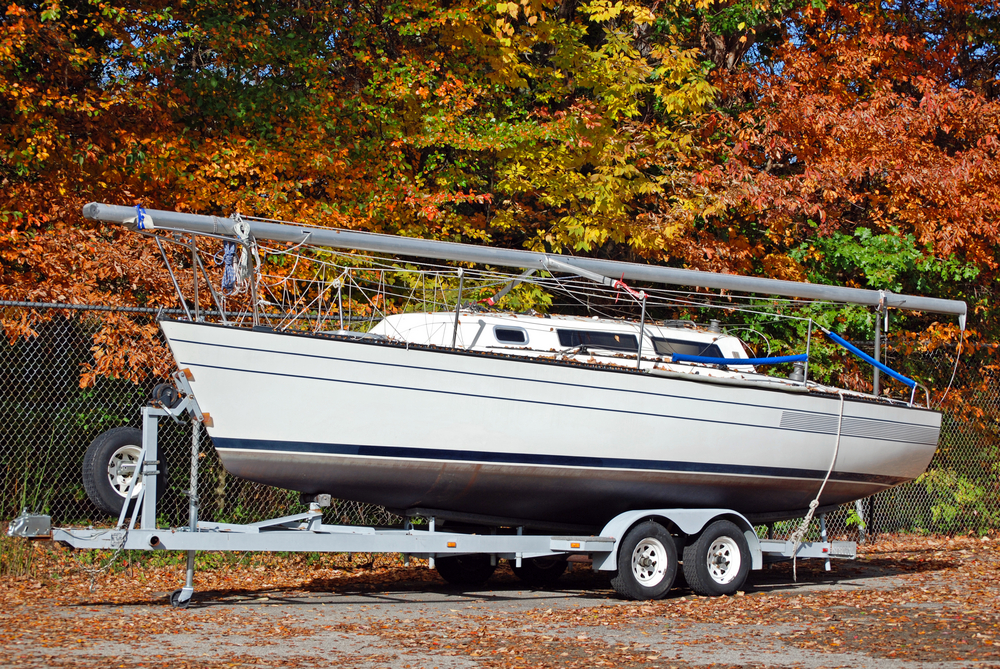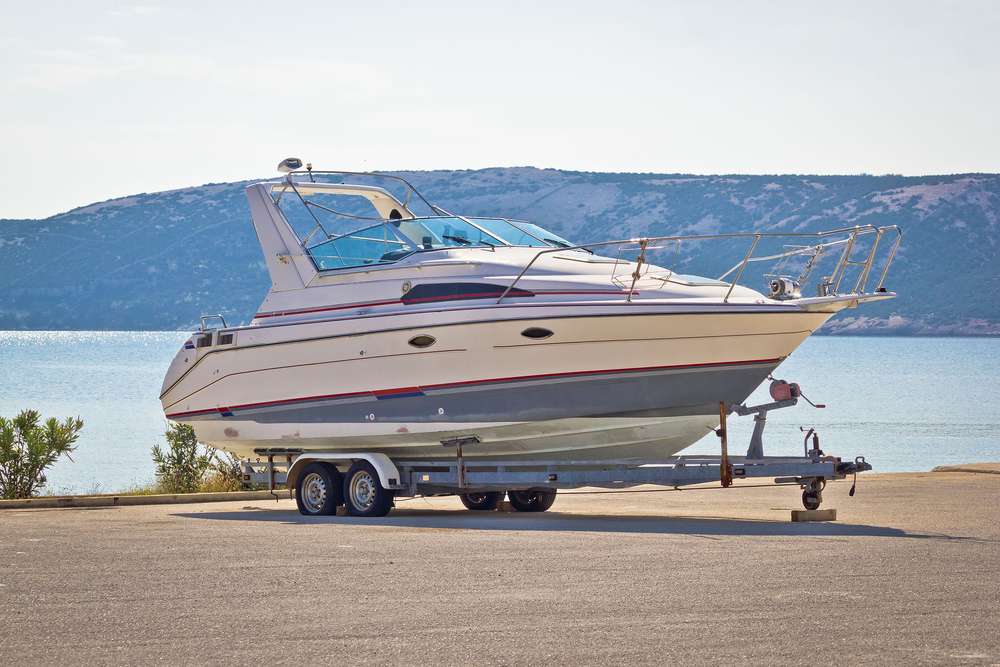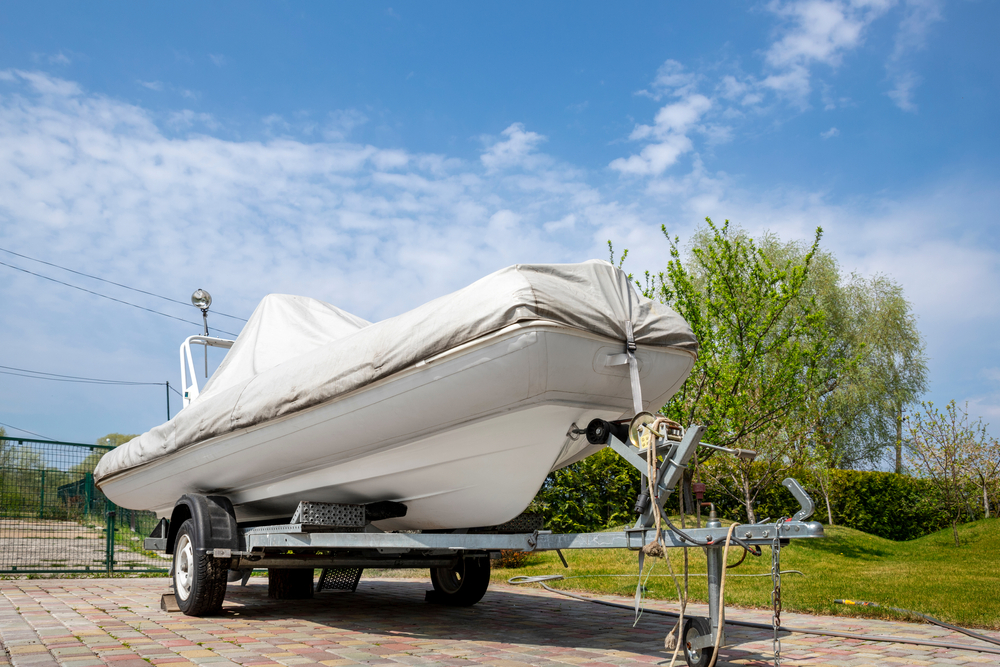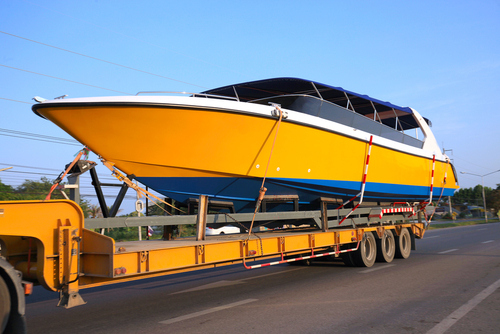Custom Boat Trailers: Understanding the Different Types and Features Available
Boat trailers are essential accessories for any boat owner, ensuring convenient transportation and storage of their watercraft. While standard trailers can serve many purposes, custom boat trailers offer tailored solutions that cater to specific needs, ensuring safety, efficiency, and convenience. Understanding the different types and features of custom boat trailers can help you make an informed decision when choosing one for your vessel.
Types of Custom Boat Trailers
1. Bunk Trailers
Bunk trailers are among the most common types used for transporting boats. They feature padded bunks (or rollers) that support the boat’s hull. Bunk trailers are suitable for a wide range of boat sizes and hull shapes, providing excellent support and stability during transport. They are particularly popular for boats with fiberglass hulls, as the bunks can conform to the hull’s shape, distributing the weight evenly.
2. Roller Trailers
Roller trailers use a series of rollers instead of bunks to support the boat. These rollers allow for easier launching and loading of the boat, especially in shallow waters or on ramps with steep angles. Roller trailers are ideal for boats with flat or V-shaped hulls and can make the loading and unloading process quicker compared to bunk trailers.
3. Float-On Trailers
Float-on trailers, also known as drive-on trailers, feature a design where the boat can be driven directly onto the trailer. They typically have a shallow incline and a wide platform, making them suitable for boats that are easier to drive onto rather than lift. Float-on trailers are convenient for quick loading and unloading at the boat ramp.
4. Pontoon Trailers
Pontoon trailers are specifically designed for pontoon boats, which have a unique shape and structure compared to traditional boats. These trailers feature bunk arrangements that accommodate the pontoons and deck of the boat securely. Pontoon trailers often have adjustable bunks to ensure proper support and balance during transport.
5. Custom Adjustable Trailers
Custom adjustable trailers are versatile options that can be adjusted to fit different boat sizes and shapes. These trailers often feature adjustable bunks, rollers, or support arms that can be modified to match the specific dimensions of your boat. Custom adjustable trailers are ideal for owners with multiple boats of varying sizes or those looking for a precise fit for their unique vessel.
Features of Custom Boat Trailers
1. Materials and Construction
Custom boat trailers are typically made from durable materials such as galvanized steel, aluminum, or composite materials. The choice of material can affect the trailer’s weight, durability, and resistance to corrosion. Aluminum trailers are lightweight and resistant to rust, making them ideal for saltwater environments, while galvanized steel trailers offer robustness and strength.
2. Braking Systems
Depending on the size and weight of your boat, custom trailers may come with various braking systems. Surge brakes, which activate when the trailer pushes against the tow vehicle during braking, are common for smaller trailers. Larger trailers may have electric brakes that can be controlled from the vehicle’s brake system, providing more stopping power and control.
3. Lights and Electrical Components
Proper lighting is crucial for safety when towing a boat trailer. Custom trailers often come equipped with LED lights that are brighter and more energy-efficient than traditional incandescent lights. Additionally, trailers may include wiring harnesses and connectors designed to withstand exposure to water and road debris, ensuring reliable operation over time.
4. Load Capacity and Suspension
The load capacity of a trailer refers to the maximum weight it can safely carry, including the boat, fuel, and gear. Custom trailers are designed with specific load capacities to accommodate different boat sizes and weights. Suspension systems, such as leaf springs or torsion axles, help absorb shocks and vibrations during transport, ensuring a smoother ride for both the boat and the tow vehicle.
5. Additional Features and Accessories
Custom boat trailers may offer a range of additional features and accessories to enhance usability and convenience. These can include:
- Winches and Tongue Jacks: For easier loading and unloading of the boat.
- Spare Tire and Mount: In case of emergencies or flat tires.
- Guide Poles or Posts: To assist with aligning the boat on the trailer.
- Fenders and Step Pads: Protecting the trailer and providing safe footing during maintenance.
Choosing the Right Custom Boat Trailer
When selecting a custom boat trailer, consider the following factors:
- Boat Size and Weight: Ensure the trailer is rated to handle the size and weight of your boat, including fuel and equipment.
- Launching and Retrieval Conditions: Choose a trailer type that suits the launching and retrieval conditions at your local boat ramp or dock.
- Durability and Maintenance: Opt for materials and components that are durable and require minimal maintenance, especially if you frequently use your boat in saltwater.
- Legal Requirements: Verify that the trailer meets legal requirements for road safety, including lighting, brakes, and registration.
Conclusion
By understanding the different types and features of custom boat trailers, you can select the best option to safely transport and store your boat, ensuring years of enjoyable boating experiences. Whether you own a small fishing boat, a luxurious yacht, or a specialized pontoon boat, there’s a custom trailer designed to meet your unique needs and preferences. Choose wisely to protect your investment and maximize your time on the water.





